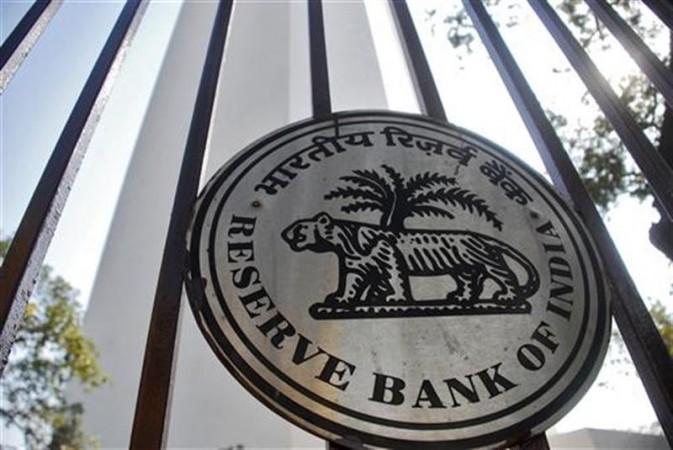
The Reserve Bank of India will aim to bring retail inflation below 6% by January 2016 and to around 4% by fiscal 2016-17, said the government's monetary policy framework agreement with the RBI published on Monday.
"The Reserve Bank will aim to bring inflation below 6 percent by January 2016. The target of financial year 2016-17 and all subsequent years shall be four per cent with a band of (+/-) 2 per cent," says the agreement published by the finance ministry.
Presenting his first full union budget on Saturday, Finance Minister Arun Jaitley said that "to ensure that our victory over inflation is institutionalised and hence continues, we have concluded a Monetary Policy Framework Agreement with the RBI, as I had promised in my budget speech for 2014-15".
"We will move to amend the RBI Act this year, to provide for a Monetary Policy Committee," he added.
The agreement also requires the RBI to give the government a report in case the target is missed for a specified period.
The RBI is also required to make public every six months a document explaining the sources of inflation and the inflation forecast for the period between six and eight months.
In case of any dispute arising out of interpretation of the agreement, it would be resolved through a meeting between the RBI governor and the government, the document said.
The new monetary policy committee, which will set the inflation target, will have eight members, including a finance ministry nominee and external members.
The RBI governor will head the panel and, as such, will have the veto power in the new monetary policy framework.
Consumer price index (CPI)-based inflation rose to 5.11% in January from 4.28% in December.
RBI Governor Raghuram Rajan, known for keeping a hawk's eye on inflation, when asked about the lack of forward guidance in February's monetary policy review, told reporters in Mumbai: "The guidance remains what it was when we cut rates (in January). Further action will depend on developments on the fiscal front and on the disinflationary process."
In this connection, Finance Minister Arun Jaitley on Saturday extended the target deadline for controlling fiscal deficit to 3% reasoning that insistence on a pre-set timetable to contain the deficit would harm growth prospects.
"I will complete the journey to a fiscal deficit of three percent in three years, rather than the two years envisaged previously," Jaitley told the Lok Sabha while presenting the NDA government's first full budget.
"Thus, for the next three years, my targets are 3.9 percent for 2015-16, 3.5 percent for 2016-17, and 3.0 percent for 2017-18," he said.
Jaitley has a headache in store in controlling the fiscal deficit because the tax revenue earned by the central government as a percentage of the GDP has been falling over the years.
Tax revenue in 2007-2008 stood at 11.9% of the GDP. By 2013-2014, it had fallen to 10% of GDP and in 2014-2015 it is expected to fall further to 9.6%, signifying the government's declining ability to service its accumulated debt.
The new monetary policy framework is likely to get constitutional recognition during the course of the next fiscal.

















